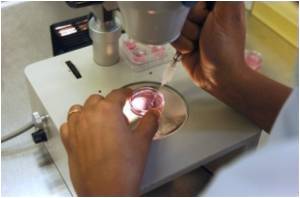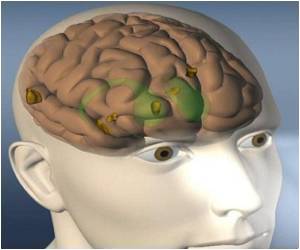A new method to save cells from stress-related hazards have been discovered by researchers. This finding would show a new dimension to fight against cardiac arrest and Parkinson's disease.

JNK plays an important role in nerve cell survival and has become a target for drugs to treat neurodegenerative disorders such as Parkinson's disease.
"Activated JNK migrates to the mitochondria in reaction to a stress signal.Once there, it amplifies the effects of reactive oxygen species that cause significant damage to the cell. We developed a small peptide that intervenes in JNK migration and blocks those harmful effects-specifically cell death," said Philip LoGrasso, professor in the Department of Molecular Therapeutics and senior director for drug discovery at Scripps Florida who led the study.
According to him, these findings suggest that this interaction could be exploited in the development of a new drug.
The study was published recently in the journal ACS Chemical Biology.
Source-ANI











